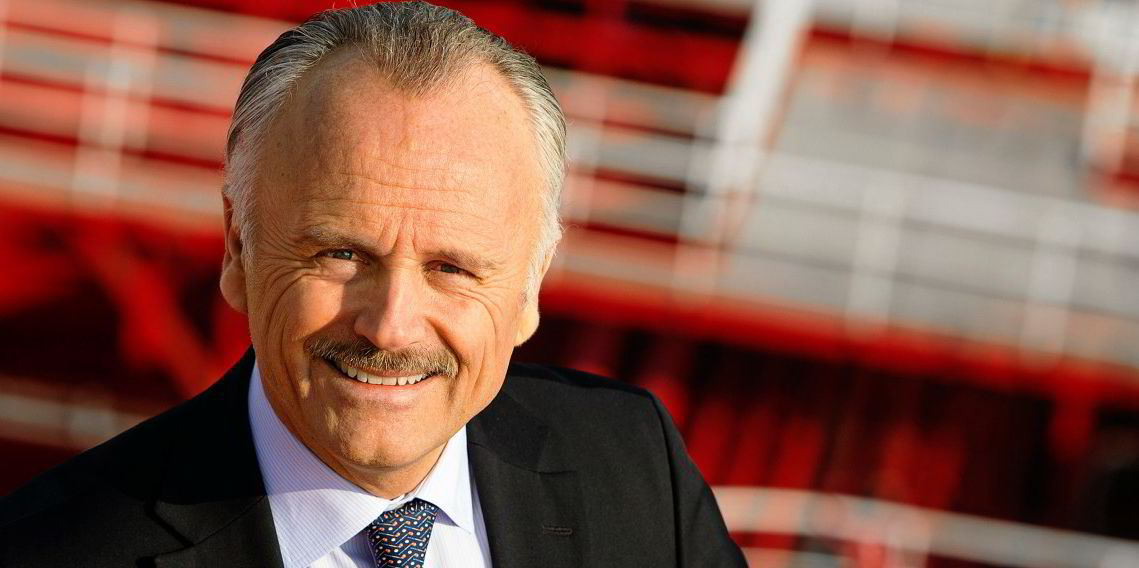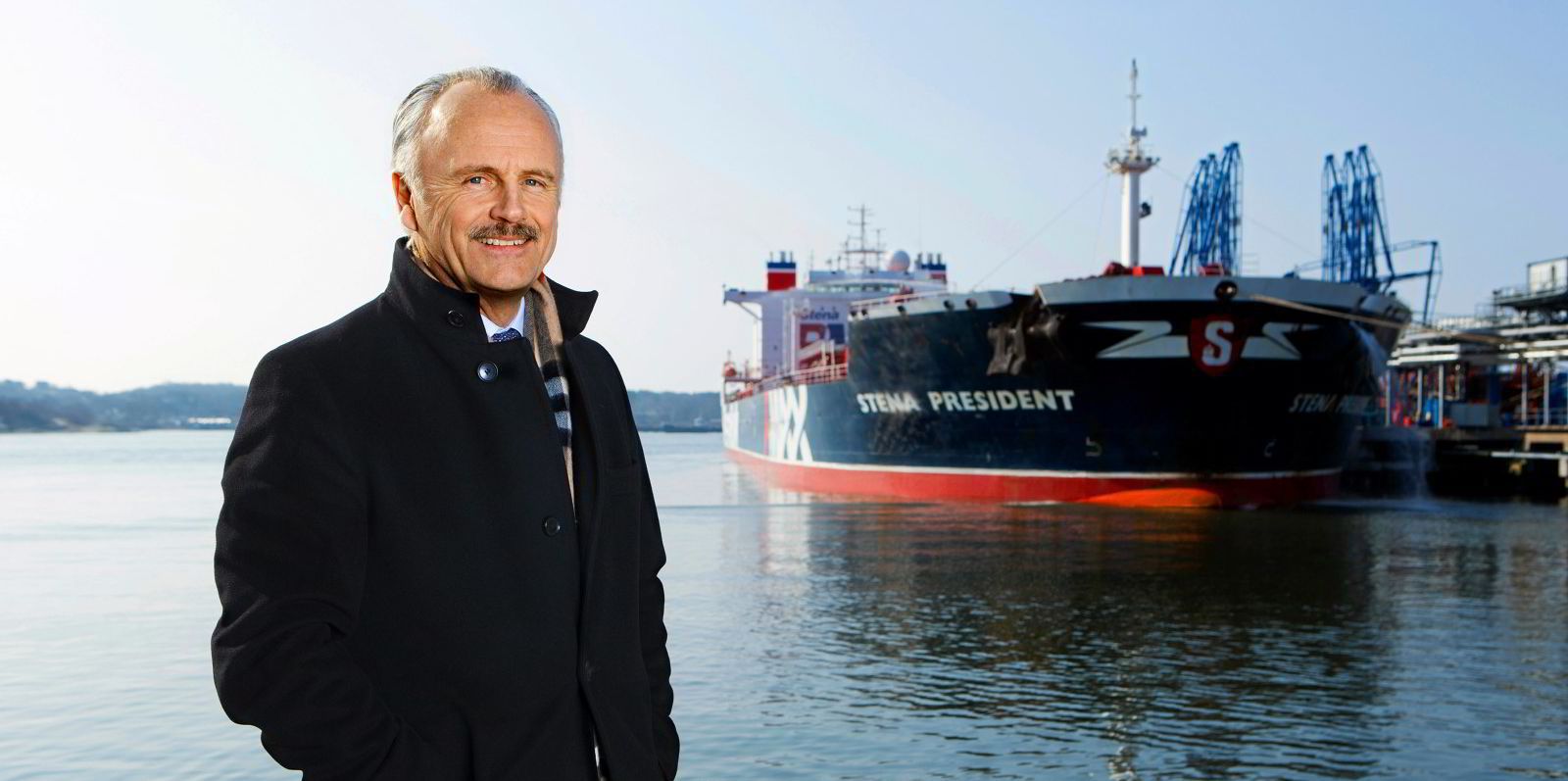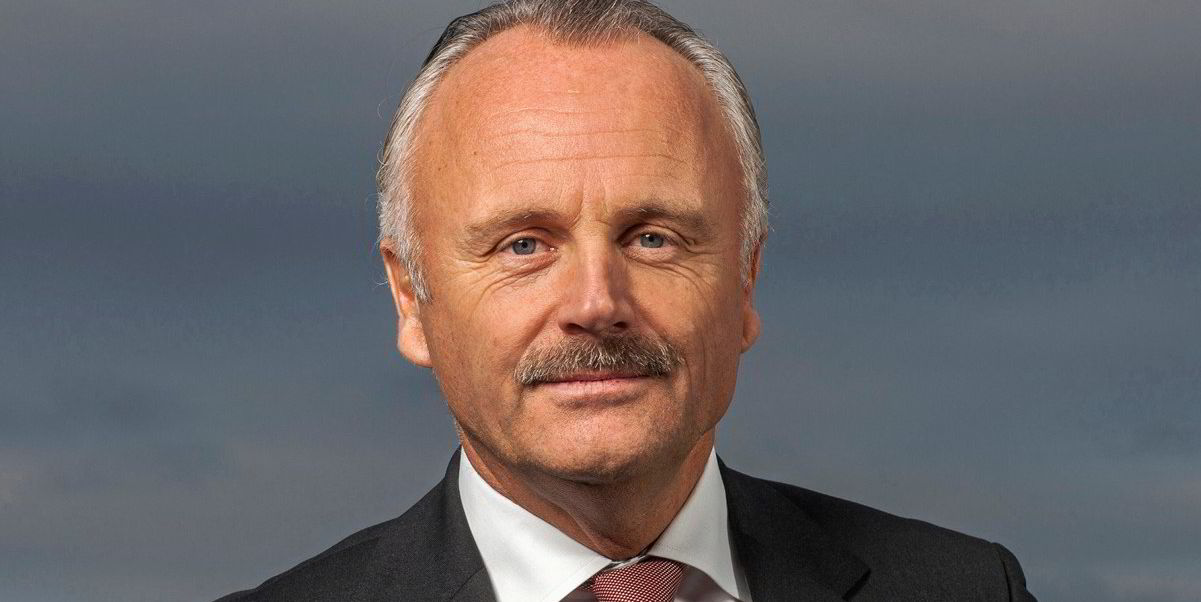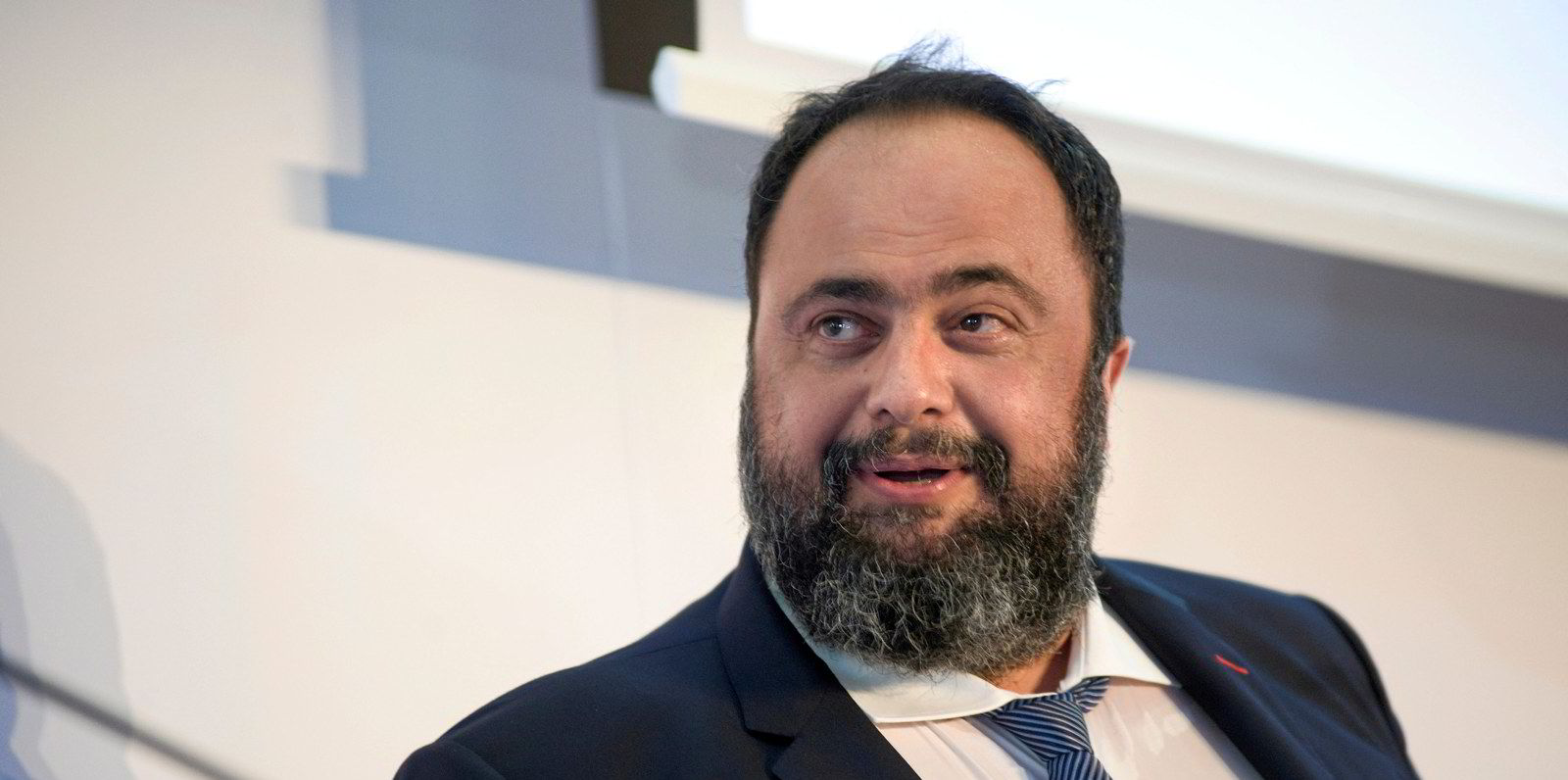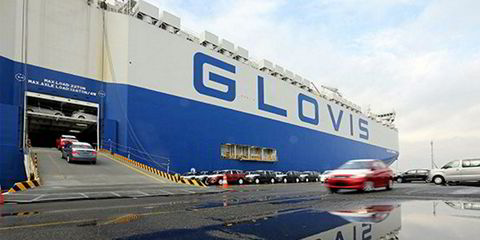Retiring Concordia Maritime chief executive Kim Ullman would like to have left the industry with product tanker rates on a high.
But as a veteran shipping man, he realises no one can control his destiny to such an extent.
Nevertheless, he said the final act of his Concordia career was the worst part of his 45 years in the business, as he worked night and day to save the company in dire markets.
Ullman told TradeWinds that after some tough years, product tanker fundamentals were looking positive from the end of 2019.
"Everything was pointing in the right direction, and then came coronavirus, hello, and that's the end of that," he said.
Stockholm-listed Concordia had been "very resilient" up to that point, he argued.
"We saw the bad market come in 2016 and we managed ourselves through sale and leasebacks and helped our shareholders to live through that without any new equity or anything," he said.
"But on top of that, when we were expecting the market to finally take off in 2020, we got the coronavirus."
This forced a restructuring as cash dwindled.
Ullman eventually arranged a deal for new loans of $114m due in 2024 as parent Stena stepped in to charter Concordia's P-Max fleet of 10 ships for five years.

"So this year has been nothing but 24 hours a day, no holiday, putting this rescue plan together," Ullman said.
"It's been more stressful than ever. It's been the worst part of my career, this entire year, I mean it wholeheartedly."
Ullman said it is not easy to work with banks when cash is becoming constrained.
"It's very tough, they're just putting up a big brick wall. But through the negotiations, we've managed it. It's been exceptionally stressful, I have to say."
He explained that now the refinancing is "signed, sealed and delivered", the company has upside on the charters through profit-sharing.
All this means a new chapter for Concordia, with Ullman leaving at the end of the year and Stena Line's head of sustainability, Erik Lewenhaupt, coming in as chief executive.
"It's time for somebody else to take that chapter on," Ullman told TradeWinds.
Happy memories
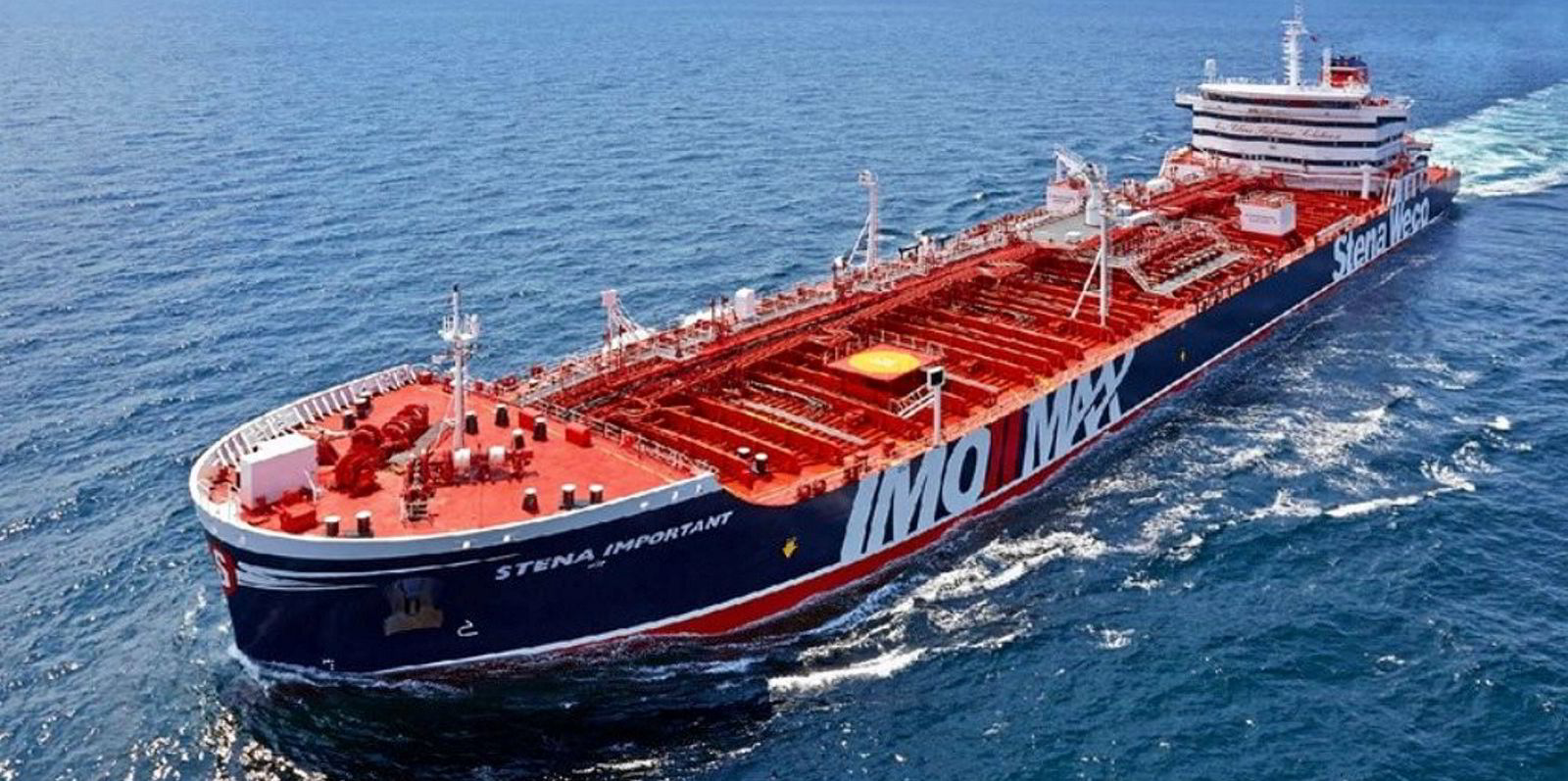
Luckily, there are more happy memories than unhappy from a long career in shipping.
"It's the tanker business, it goes up, it goes down; you can never, ever control it," Ullman said.
"The demand is fantastic, it grows every year. More oil is produced and we're still using more and more oil."
Ullman began his career in 1975, just after the oil crisis. Since then, consumption has gone up and up.
"The difficult part of the market is we don't control oil production. That's done by somebody else," he said.
But shipowners do control their own destiny through the ordering of vessels.
"We have never, ever been able to say no to all the deals that are presented from these shipyards. It's absolutely incredible," he said.
"We've built too many ships all the time. We've looked at the oil consumption arrow going straight up and thought, 'This is looking good', and add in more ships. It's the same story, even now."
Ullman believes some industry players expect ships to disappear at the age of 15 years. "But they don't, they disappear at the age of 25."
